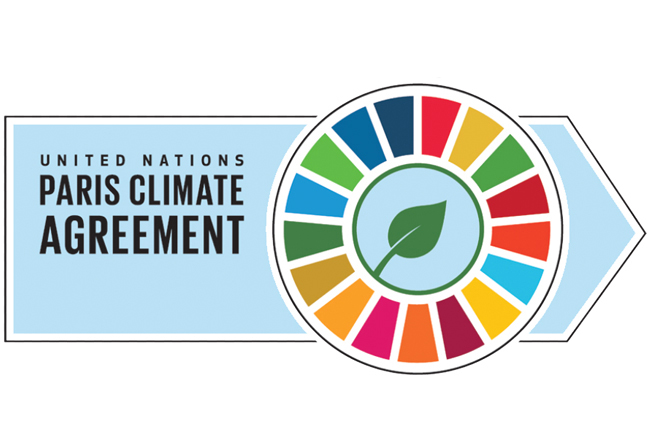Choices
Each of us makes choices every day, and politics is another way that we make choices. Like every other animal, we focus on immediate realities; if our family is really hungry, we eat part of next year’s seed corn now. We and our leaders look primarily at the here-and-now until some crisis, like the Japanese attack on Pearl Harbor in 1941, forces rethinking of what is important and generates difficult action.
The United Nation’s Intergovernmental Panel on Climate Change (IPCC) recently issued its 2018 report warning that humans have only a decade to slow consumption of natural resources including coal, oil, and natural gas whose burning produces greenhouse gasses. Continuing on the world’s present course, the IPCC details, will lead to harsh, life-threatening changes in natural systems. The public attitude has been “ho-hum, more unpleasant, pessimistic talk” by climate scientists.
Even our most courageous, best-informed leaders see political realities which checkmate taking big steps to prevent world environmental collapse We probably will have a very different, lmore challenging, world this century, yet it is possible that the danger of collapse will transform attitudes, much like World War II’s attacks led to unselfish sacrifices by many millions.
The rebirth of a “one for all, all for one” mentality, as we all confront climate change hardships, requires a revolution of sorts. American emphasis on ever-greater consumption must be overcome, like jumping away from fire. Once climate changes are in everyone’s face, America might turn to different politics, goals, values and ethics and bring consumption and population within new, sustainable limits.
The most ethical course for the citizen who wishes to “Make American Great Again” is to combine (1) political work pushing government towards mitigation and adaptation actions with (2) personal steps to protect herself and her family from climate change effects. This blog focuses on the individual protecting himself, but recognizes the importance of collective efforts.



